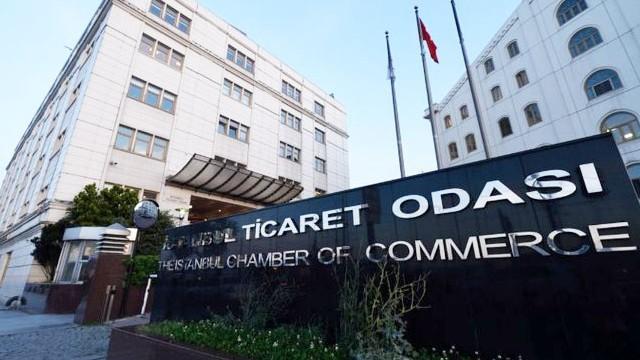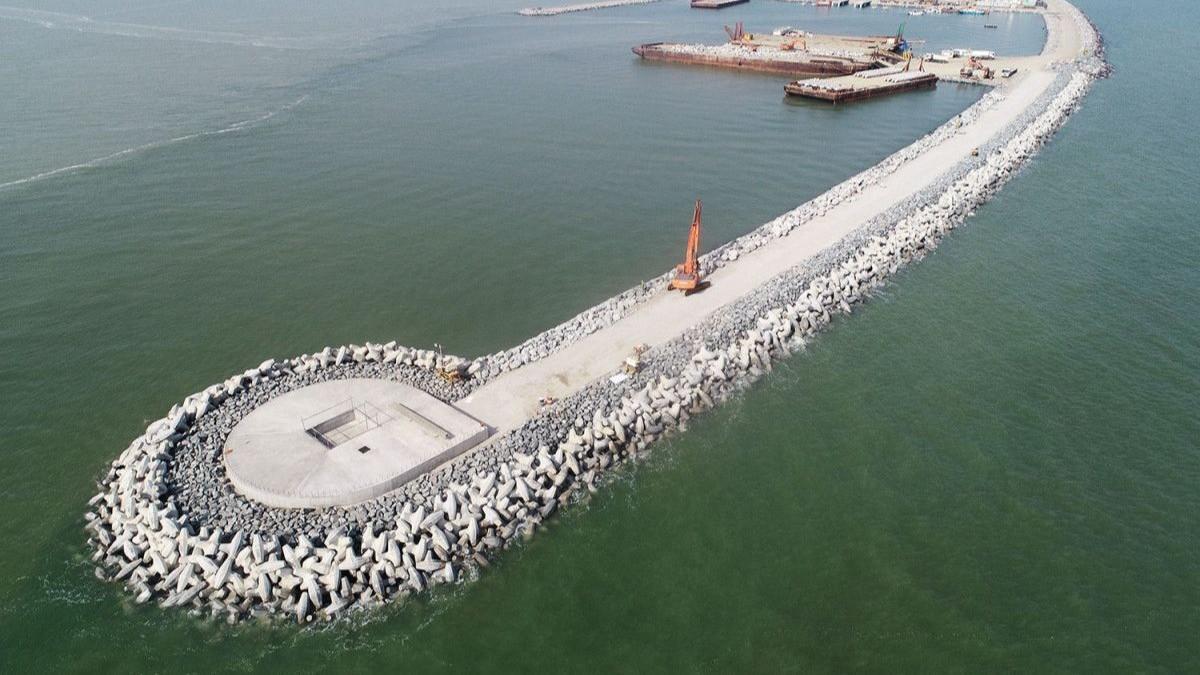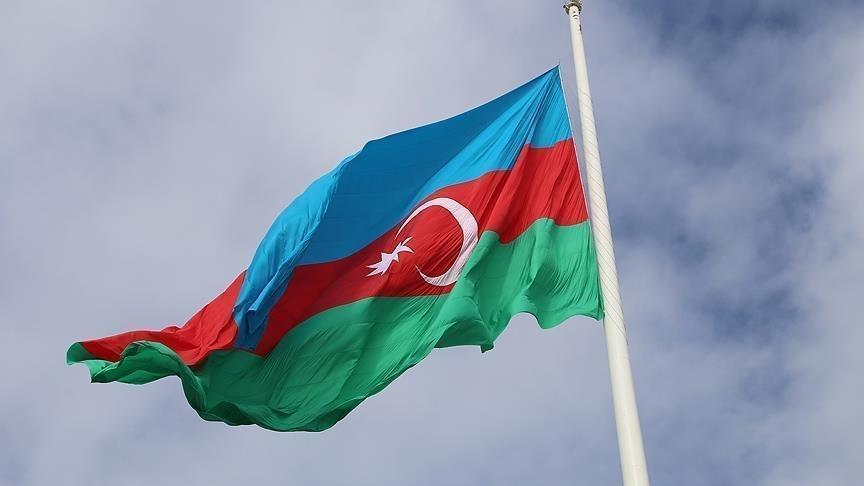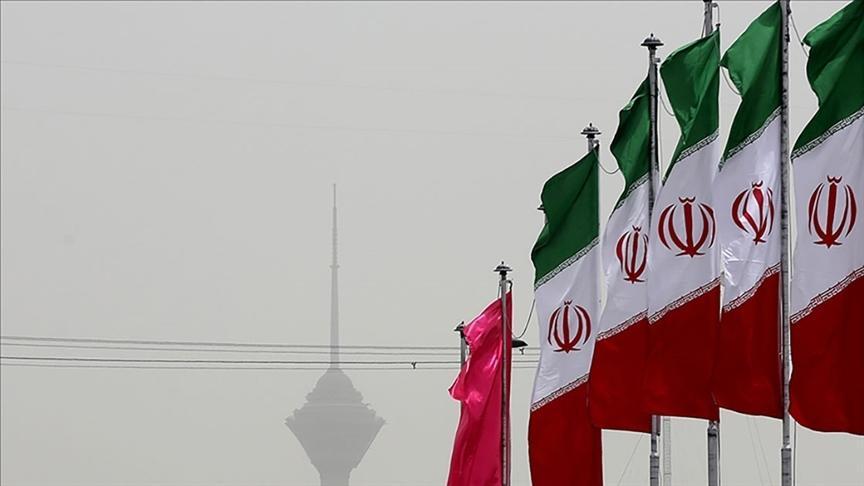Where do Kurds stand on Gezi resistance?
RUŞEN ÇAKIR
Prime Minister Recep Tayyip Erdoğan, in his Parliamentary group speech June 25 thanked his “Kurdish brothers” once again. I think we can discuss this for days: Is Erdoğan right in thanking the Kurds?For example, BDP co-chair Gültan Kışanak embraced the Gezi resistance without leaving any doubt. It is quite adequate that she said, “The prime minister is organizing supposedly respect for national will rallies. If the votes cast for you are the national will, then are the others ragtag?” She also pointed to the release of the police officer in Ankara on grounds of self-defense who is accused of shooting and killing Ethem Sarısülük, saying, “The government, the partisan media supporting the government and the judiciary are trying to cover up a murder. It is legitimate to take to the streets against this.”
Furthermore, we know that BDP Istanbul deputy Sırrı Süreyya Önder was the key name in the transformation of the Gezi Park protest into a resistance. However, it is also a fact that the Kurdish political movement first kept a large distance from this resistance. Despite this resistance, first in Istanbul, then in Ankara and other provinces, people close to the BDP participated in the demonstrations. There were also supporting activities in several provinces in the Southeast. We also lived a first: Security department sent some of its personnel and equipment including TOMAs (police trucks with water cannon) from the southeast to the west as support.
One of the reasons for the hesitancy of the Kurdish movement was that just like everybody else they could not grasp what was going on. Separate statements coming from Abdullah Öcalan, the KCK and Murat Karayılan, all hailing the resistance, changed to a great extent the perspective of the Kurdish movement toward the Gezi resistance; they started participating more actively.
From Kışanak’s words, “Democracy to Kurds, beatings to Turks; or beatings to Kurds, Democracy to Turks, This cannot happen. We have lived this for years. One cannot be the alternative of the other,” we understand that the view of the Kurdish political movement to Gezi has been completely revised. We can expect that this change will directly affect the resolution process and bring some style and method changes to the Kurdish movement. On the other hand, the AKP government and Prime Minister Erdoğan, who were excessively challenged by the Gezi resistance, do not have as strong a hand as they used to in the resolution process.
If you remember, as soon the Kurdish initiative and the resolution process started, there were objections saying, “Let’s not create a Turkish issue while trying to solve the Kurdish issue.” The Gezi experience has clearly shown that this was not at all an inevitable outcome. Moreover, on the contrary, there were introductions and bonding. Here, the role of the disproportional (and merciless) use of force by security forces, the voluntary auto-censure of the mainstream media and the exclusionist and condescending language of officials is indisputable. It is certain that the awareness seen in the young generation of Gezi resisters that could be summed up as “looks as if they have hidden what has happened in the Southeast for years” will have affirmative effects for the resolution process.
Another certain point is that with the Gezi resistance, the distance between Istanbul and Diyarbakır, between Taksim Square and Newroz Square is fast narrowing. And this is a very affirmative development.
Ruşen Çakır is a columnist for daily Vatan in which this piece was published on June 26. It was translated into English by the Daily News staff.











